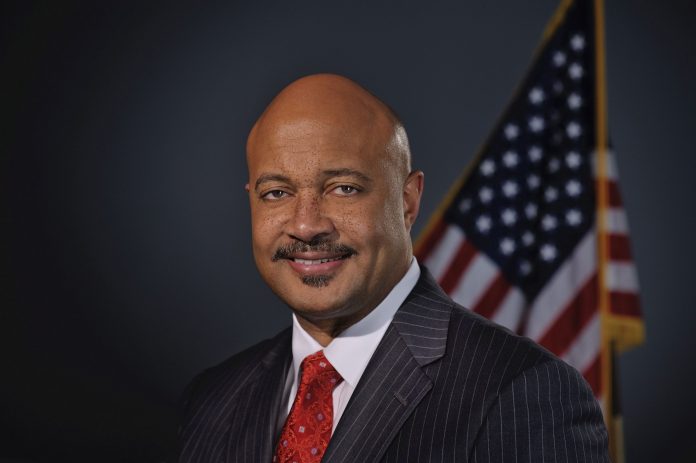Attorney General Curtis Hill is asking a federal appeals court to protect states’ sovereignty in connection with lawsuits against drug companies.
On February 14, Attorney General Hill and 12 other attorneys general filed a bipartisan amicus brief seeking the reversal of a U.S. district court’s order that undermines the ability of states to negotiate a comprehensive opioid settlement.
More than 2,000 political subdivisions across the country have filed individual lawsuits seeking damages for public injuries caused by the opioid crisis. In September 2019, a district court certified a “negotiation class†that lumps together all of the individual entities into one class and expands the class to cover cities, counties and towns across the country.
Such an arrangement, created by judicial fiat, ignores states’ internal governing structures, Attorney General Hill said.
“Resolving the various complaints against drug makers and other entities that have contributed to the opioid crisis is a complex undertaking,†Attorney General Hill said. “But it does not justify extralegal measures that tread upon the rightful authority of the individual states.â€
No grant of legislative or constitutional authority permitted the district court to certify the “negotiation class,†the brief states, and the attorneys general are better suited to coordinate with other states and negotiate a comprehensive settlement that will provide for all citizens rather than just specific political subdivisions.
Under the Constitution, the states themselves, not the federal courts, determine what their political subdivisions are empowered to do. By permitting a national class of local governments to settle claims that they have no state-law authority to litigate, the district court has created an alternative to state government. In separating these political subdivisions from state jurisdiction, the brief argues, the district court has invaded state sovereignty. Additionally, if the certified class succeeds in reaching a settlement, it will inflict more damage on states by diverting opioid-settlement funds to certain political subdivisions and away from the states.
Currently, the Office of the Indiana Attorney General has ongoing litigation against entities that have contributed to the opioid crisis and is already seeking restitution for the public.




